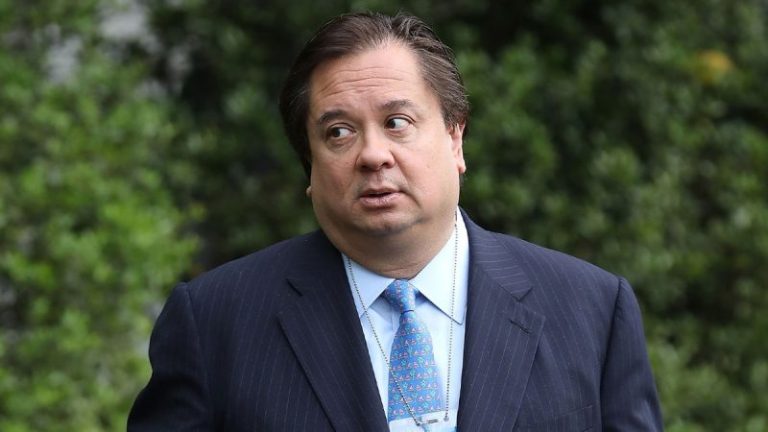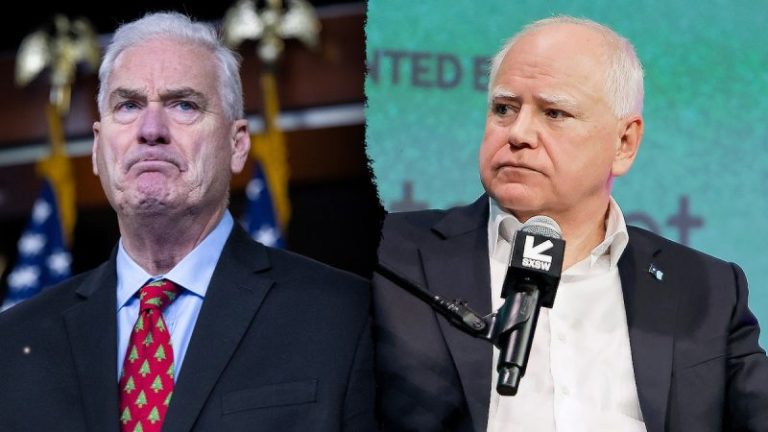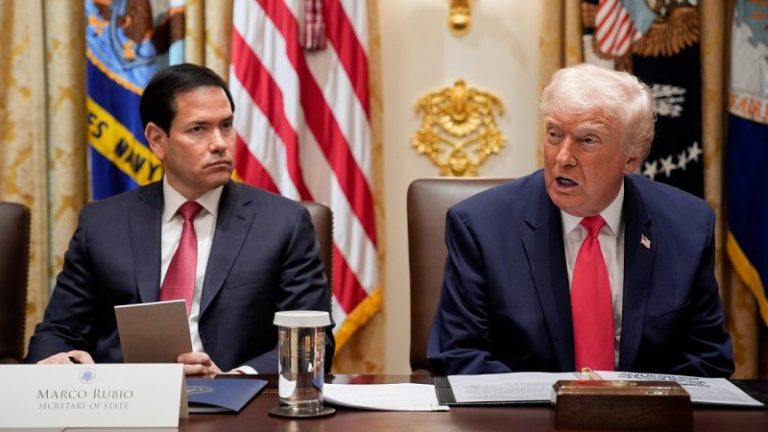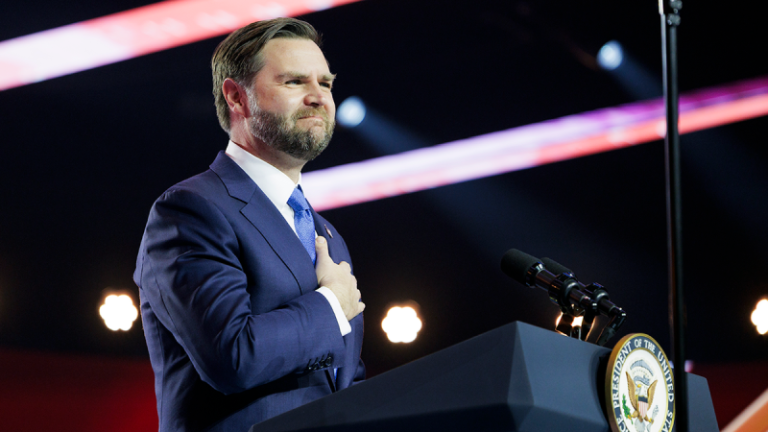The Jaguars’ win over the Broncos served up notice that Jacksonville could be a serious threat in the wide-open AFC playoff field.
Even amid plenty of turmoil in Pittsburgh, Mike Tomlin secured a 19th consecutive non-losing campaign.
Myles Garrett got closer to the NFL single-season sack record with some questionable assistance, but the Browns DE fell short of setting he mark on Sunday.
The 32 things we learned from Week 16 of the 2025 NFL season:
0. The number of division titles clinched though 16 weeks in the AFC. This year’s playoff chase may not be the most compelling in terms of the number of teams that are still relevant – which is just 18 of the league’s 32 clubs going into Week 17 – but very little has been sorted out among those jockeying for seeding and home playoff games.
1. The number of division titles clinched though 16 weeks in the NFC – the Philadelphia Eagles doing the honors Saturday by beating the Washington Commanders and becoming the first squad to capture the NFC East in successive years since Philly did it in 2003 and ’04.
2. The number of points the Seattle Seahawks scored on their final play Thursday night – making them first team ever to win an overtime game on a two-point conversion. Also, the number of points they scored when officials awarded them two on an earlier conversion when QB Sam Darnold’s lateral was deflected into the end zone and nonchalantly picked up by RB Zach Charbonnet.
3. Let’s appreciate the three-pronged accomplishment of New Orleans Saints jack-of-all-trades Taysom Hill. Sunday, he became the first player in the Super Bowl era (since 1966) with more than 1,000 career yards passing, 1,000 career yards rushing and 1,000 career yards receiving.
4. The number of losses suffered this season by the AFC South-leading Jacksonville Jaguars, who did not add to that total Sunday after putting a licking on the Broncos at altitude in Denver … nearly three decades after the “small-market” Jags did the same thing to John Elway and Co. in the postseason.
5. But the Jaguars’ victory spotlights what a complete team they’re becoming under first-year coach Liam Coen, to say nothing of the MVP-caliber play QB Trevor Lawrence has provided over the past four weeks. Pull back more, and the wide-open nature of their conference becomes even more apparent. Jacksonville, New England, Denver, Houston, Los Angeles, Buffalo and maybe even Pittsburgh are all showing signs they could legitimately reach Super Bowl 60 in a year when the Kansas City Chiefs have left a power vacuum.
6. The number of AFC teams still in play for the conference’s No. 1 seed, Denver’s loss maintaining more pathways outside the Rocky Mountains. Only the AFC North has been eliminated from this pursuit as a division.
7. The number of quarterbacks in league history who have 10 seasons with 4,000 passing yards, Los Angeles Rams QB Matthew Stafford joining their ranks Thursday night.
8. Stafford also now has three seasons with at least 40 TD passes, an exclusive club he shares with Tom Brady and Aaron Rodgers. Nobody has managed that four times in a career.
9. Having fun yet? Cincinnati Bengals QB Joe Burrow had his best game of the season, torching the Miami Dolphins for 309 yards and four TD passes in a 45-21 walkover in the Fins first outing since benching QB Tua Tagovailoa.
10. RB Chase Brown scored three of Cincy’s TDs and became the first player this season to find the end zone three times in one quarter, the third in Brown’s case.
11. The number of kicks Arizona Cardinals DL Calais Campbell has now swatted during his 18-year career after blocking an extra-point try Sunday against the Atlanta Falcons.
12. Interesting times amid reports the Dolphins offered up to four first-round picks in order to obtain Burrow at the top of the 2020 draft.
13. Which begs the question: Would you rather have Burrow, or Justin Herbert and three other blue-chip players?
14. Despite all the injuries they’ve dealt with, Herbert and the Bolts are on the cusp of successive playoff berths for the first time since Old Man Philip Rivers was throwing the ball for this franchise nearly two decades ago. Herbert’s resilience, his team’s toughness and willingness to play physical ball marks a new brand for the Jim Harbaugh Chargers, who are suddenly a clear and present danger to win the AFC West … and maybe more.
15. The Houston Texans took a while to wake up Sunday against the Las Vegas Raiders, but their defense alone should give them more than a puncher’s chance to make a deep playoff run. Houston is very likely to become the sixth team since 1990 to reach the playoffs despite an 0-3 start to its season.
16. Congratulations to the New York Giants and Raiders, who both narrowly avoided devastating wins Sunday. The teams will meet in Week 17 in the game that could decide who winds up with the No. 1 pick of the 2026 NFL draft.
17. The Broncos still have the inside track to the AFC’s No. 1 seed. But Sunday’s loss was the latest reminder of their weekly tendence to fall into deep holes, and the usually sterling defense didn’t allow them to dig out against Jacksonville.
18. The New England Patriots are back in the Super Bowl mix, too, though they still have to prove they can win high-stakes games – and there haven’t been many on their schedule this season.
19. The number of consecutive non-losing seasons – his entire career – that Pittsburgh Steelers coach Mike Tomlin now has after his team improved to 9-6 by beating the Detroit Lions in Motown on Sunday.
20. Pittsburgh’s organizational string of .500-or-better campaigns now stands at 22, surpassing the 1965-85 Dallas Cowboys for the longest such run in NFL history.
21. Tomlin, 53, now has 200 career wins (including postseason), making him the third-youngest coach to reach that benchmark after Curly Lambeau and Don Shula.
22.The number of sacks collected by Browns DE Myles Garrett after he was awarded a chintzy half-sack of Buffalo Bills QB Josh Allen on Sunday. Allen appeared to slip and fall on the play, after which a sack was initially awarded to Cleveland DT Mason Graham … but half of it was retroactively credited to Garrett. (Maybe Brett Favre was the official scorer Sunday at Cleveland’s Huntington Bank Field?)
23. Garrett needs one more sack, hopefully a legitimate one, to break the league’s single-season record.
24. The Steelers defense has taken its share of (often deserved) flak this year. But holding Lions RB Jahmyr Gibbs to a career-low 2 rushing yards – an average of roughly one foot per carry? Most impressive.
25. With the Chiefs left by the wayside, this could also be the year the Bills finally make a successful run for the Lombardi Trophy that has forever evaded the franchise.
26. It certainly helps to have a back like James Cook, who now leads the NFL with 1,532 rushing yards going into Monday night.
27. Of course, the foot injury Allen, the league’s reigning MVP, is coping with looms as a significant concern. Could be an interesting dilemma for a team still in play to win the AFC East as to whether they should rest the most important player sooner or somehow hope they can steal the first-round bye later. Though Buffalo narrowly won Sunday in Cleveland, Allen didn’t account for a touchdown (for only the third time this season) and only managed 147 combined passing/rushing yards.
28. What’s wrong with Baker Mayfield and the Tampa Bay Buccaneers offense? Knocked out of first place in the NFC South with Sunday’s loss in Charlotte to the Carolina Panthers, Mayfield has been held to fewer than 200 passing yards in five of his last six starts despite having most of his offensive weapons back.
29. Congratulations to the Tennessee Titans, who won their first game in Nashville in nearly 13 months.
30. Music City was less kind to Chiefs TE Travis Kelce, who had one catch for 6 yards as his depleted team lost in the hometown of Tight End University. But as long as Taylor Swift likes the town …
31. Finally, congratulations to Saints DE Cam Jordan, who recorded two sacks in Sunday’s blowout of the New York Jets, giving him 130 in his 15-year career. If Jordan doesn’t return to the team in 2026, the game could be his final one at the Superdome.
32. A shame the Saints donned such horrid uniforms in what was potentially Jordan’s Big Easy finale.
This post appeared first on USA TODAY










